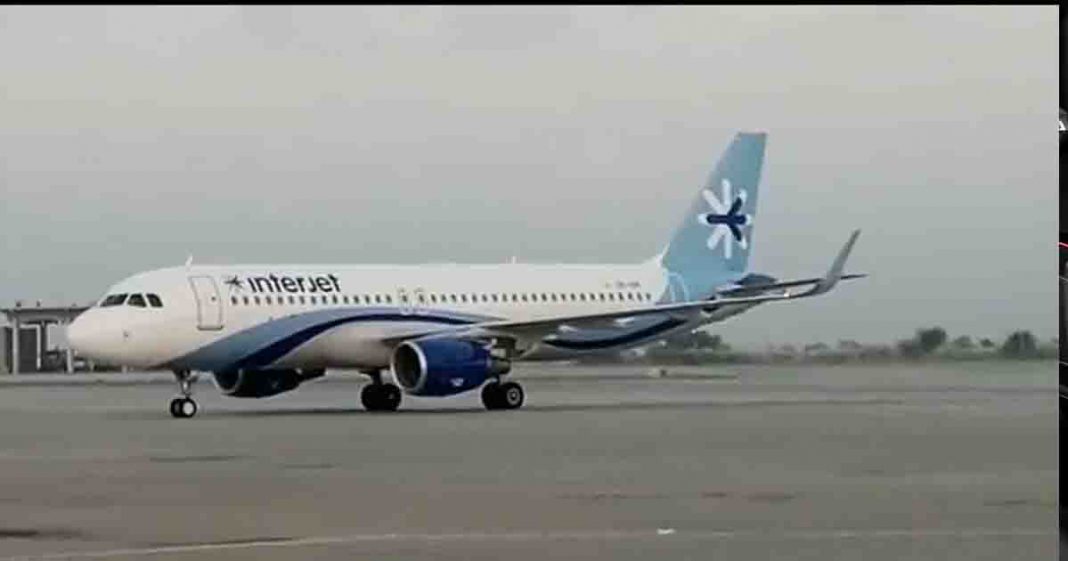Starting July 1, 2024, the Pakistan government will impose new excise duties on international air travel as part of the Finance Bill 2024-25, significantly impacting business and club class travelers. For those traveling to the United States and Canada, the excise duty on business and club class tickets will rise to Rs350,000, up by Rs100,000 from the previous rate. Similarly, business and club class tickets to Europe will now be taxed at Rs210,000, an increase of Rs60,000 from the earlier duty.
Read More: Chahat Fateh Ali Khan’s Bado Badi Taken Down from Youtube AGAIN
The new taxes also extend to other popular destinations. For instance, business and club class tickets to New Zealand and Australia will now incur an excise duty of Rs210,000, matching the rates for Europe. Travelers to China, Malaysia, and Indonesia will face the same rate, indicating a uniform approach to these regions. For the Middle East and Africa, including Dubai and Saudi Arabia, the excise duty has increased from Rs30,000 to Rs105,000.
Economic Impact and Government’s Strategy
These changes come as part of the broader Federal Budget for the fiscal year 2024-25, which has a total outlay of Rs18,870 billion. The National Assembly passed the Finance Bill 2024-25 with a majority vote, rejecting all amendments proposed by opposition members. The new excise duties are a clear indication of the government’s strategy to boost revenue by targeting luxury travel options. This move is expected to generate significant additional income, helping to support various public expenditures.
The excise duty on economy and economy plus class tickets has also been revised. Travelers in these classes will now pay Rs12,500 as excise duty, making international travel more expensive across the board. The new taxes will be collected at the time of booking, ensuring that the government captures this revenue upfront.
Response from the Public and Travel Industry
The response to these new taxes has been mixed. While some see it as a necessary measure to support the government’s financial needs, others are concerned about the impact on travel affordability. Business travelers, in particular, may feel the pinch, potentially leading to a reduction in international business trips. The travel industry is also wary, as higher costs could lead to a decline in travel bookings, affecting airlines and travel agencies.
However, there is a positive outlook among some sectors. The increased revenue from these taxes is expected to be used for public welfare projects, which could lead to long-term economic benefits. Furthermore, the government’s transparent approach in implementing these changes, as reflected in the detailed readings and voting process in the National Assembly, has been appreciated by some citizens.
As these new excise duties take effect, the overall landscape of international travel from Pakistan is set to change. While the immediate impact may be a decrease in luxury travel, the long-term benefits to the national economy could offset these initial challenges. The government’s commitment to maintaining financial stability through innovative revenue-generating measures is evident in these new policies.














